Phytoplankton and Bio-optics
Group PI: Oscar Schofield
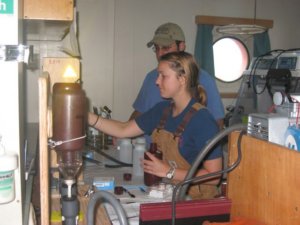
Phytoplankton use sun light to take up and convert atmospheric carbon dioxide into biomass and oxygen. Despite being limited by sunlight for half of the year, Antarctic phytoplankton (especially along the western Antarctic Peninsula) are among the most prodigious primary producers in the ocean. Furthermore, their role as “primary producers” of biomass is a critical driver in Antarctic ecosystems and in understanding climate change feedbacks.
The phytoplankton and bio-optics component seeks to understand how changes in phytoplankton dynamics, such as an increase in fresher water due to melting ice, propagate through the ecosystem – with such effects ultimately affecting fish, seabirds and marine mammals. Because photosynthesis is driven by sunlight, characterizing the quality and quantity of light available for use by phytoplankton is important. We deploy a wide range of sensors to measure these optical properties which in turn help us understand the underlying role of light variability in phytoplankton dynamics. In addition to their role at the base of the Antarctic marine ecosystem, the fate of phytoplankton biomass is crucial to understanding climate change feedbacks. By conducting experiments to study phytoplankton physiology and working with other components of the LTER (such as ecologists studying microbes and zooplankton), we are also trying to develop a clear picture of the fate of phytoplankton biomass once it enters the Antarctic ecosystem. Whether this phytoplankton biomass is recycled by bacteria, grazed by krill, or merely settles to the sea floor has significant consequences for not only the Antarctic food web, but also for global biogeochemistry and our understanding of climate change dynamics.
Team Members
Recent Publications
- Andrew, S. M., Moreno, C. M., Plumb, K., Hassanzadeh, B., Gomez-Consarnau, L., Smith, S. N., et al. (2023). Widespread use of proton-pumping rhodopsin in Antarctic phytoplankton. Proceedings of the National Academy of Sciences, 120(39), e2307638120. https://doi.org/10.1073/pnas.2307638120
- Nardelli, S. C., Gray, P. C., Stammerjohn, S. E., & Schofield, O. (2023). Characterizing coastal phytoplankton seasonal succession patterns on the West Antarctic Peninsula. Limnology and Oceanography, lno.12314. https://doi.org/10.1002/lno.12314
- Nardelli, S. C., Gray, P. C., & Schofield, O. (2022). A Convolutional Neural Network to Classify Phytoplankton Images Along the West Antarctic Peninsula. Marine Technology Society Journal, 56(5), 45–57. https://doi.org/10.4031/MTSJ.56.5.8
- Lin, Y., Moreno, C., Marchetti, A., Ducklow, H., Schofield, O., Delage, E., et al. (2021). Decline in plankton diversity and carbon flux with reduced sea ice extent along the Western Antarctic Peninsula. Nature Communications, 12(1), 4948. https://doi.org/10.1038/s41467-021-25235-w
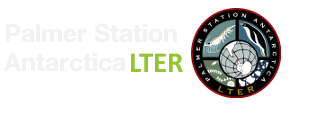
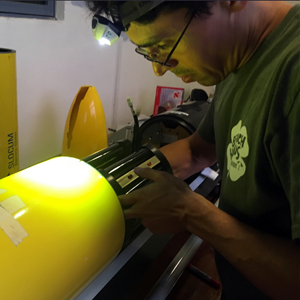

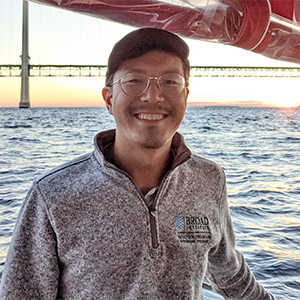


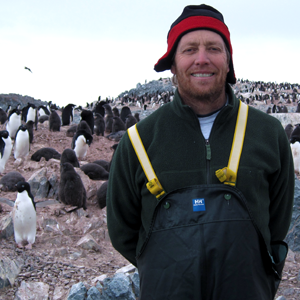

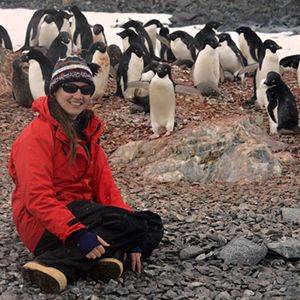
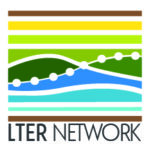
 This site was developed with the support of the National Science Foundation under Grant No. OPP-2224611 and OPP-2026045. Any opinions, findings, and conclusions or recommendations expressed in this material are those of the authors and do not necessarily reflect the views of the National Science Foundation.
This site was developed with the support of the National Science Foundation under Grant No. OPP-2224611 and OPP-2026045. Any opinions, findings, and conclusions or recommendations expressed in this material are those of the authors and do not necessarily reflect the views of the National Science Foundation.